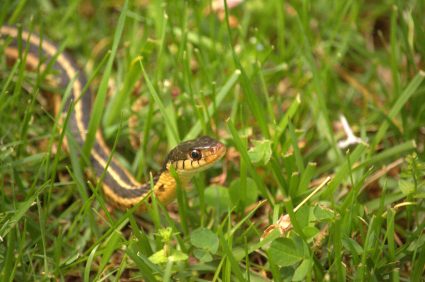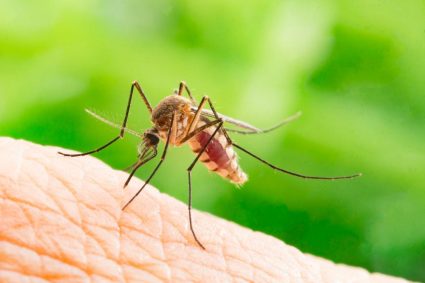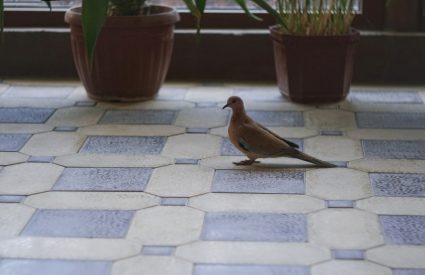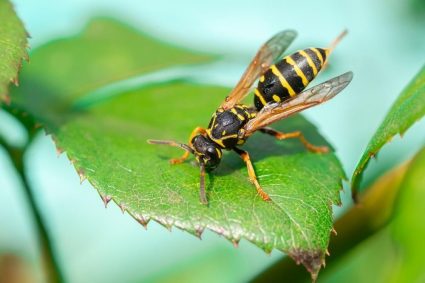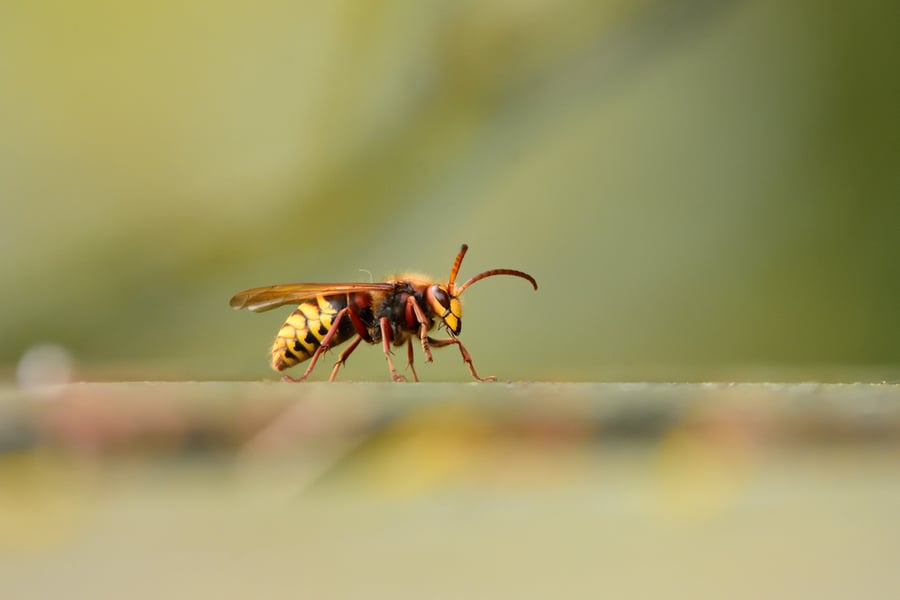
Hornets have been a problem for humans from the beginning of humankind for many reasons. First, these insects sting their victim and release a venom that causes blindness.
Having this unwanted visitor in your living quarters can be an unpleasant experience. This is because it can be challenging to get rid of these pests.
So, what can you use against them? Are there things they can’t stand? Emphatically, yes! This guide will identify some of these hornet-deterring items.
Hornets are a general nuisance, coming out to play when the weather is hot, and people want to relax. But, like other pests, Hornets can invade human spaces and nest in secluded areas like garages and attics.
Though hornets are naturally brave, there are things they hate. Using such against them will keep them off your vicinity for good.
Below are some things they hate:
- Anything with a peppermint smell.
- Essential oils.
- Soapy water solution, etc
In the following sections, we will discuss practical ways to deter hornets using their sense of smell. We will also discuss what to do in case of a hornet sting and answer some common queries about handling the invasion of these pests.
What Smells Do Hornets Hate?

Hornets hate anything with a mint smell. So, you can grow mint plants ( spearmint or peppermint) in your garden or small pots. Place these small pots strategically in your house to deter these plants.
The strong overpowering scent wafting from these plants will not only prevent hornets from coming around. It will also keep all other similar pests, like wasps, away.
Are Hornets Different From Wasps?

The answer is yes! It is easy to mistake both insects for each other, but there are slight but apparent differences between them.
Although wasps and hornets are hairless, they differ in color and size. Hornets are generally larger than wasps, measuring over an inch, depending on the species.
Wasps have distinctive yellow and black rings on their bodies. Hornets, on the other hand, are better identified by their black and white rings.
But make no mistake; both insects are dangerous, and their sting can produce hazardous results in persons with specific allergies. However, these insects will hardly sting unless provoked by predators or if they feel their nest is in danger.
Other Ways To Get Rid of Hornets
Aside from the peppermint scent, you can employ other effective options to keep hornets at bay. These include:
1. A Blend of Essential Oils

A unique combination of essential oils can help protect your territory from unwanted hornet invaders. Lemongrass, cloves, and geranium are some of our top picks, but you can use any blend.
Combine a few drops of your favorite oils in a spray bottle and use them against these flying pests. Apply the mixture over likely hiding spots like roofs, under the porch, and attics.
Pay more attention to places you have spotted hornet nests. These insects tend to return to the same spot every year.
So, you can get an essential oil deterrent ready to chase them out
2. Make a Soapy Water Spray
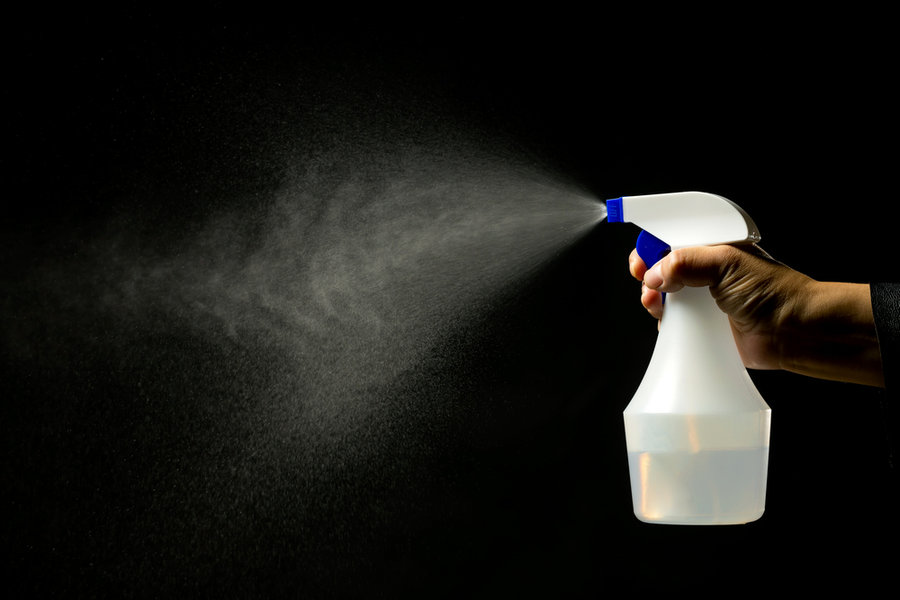
A simple homemade soap and water solution can create a formidable defense against hornets and other pests like wasps. But, of course, having a spray bottle, dish soap, and water for this DIY solution would be best.
Pour two tablespoons of soap into the empty bottle and fill it with water. Next, shake thoroughly and spray over visible hornet nests.
The soap and water solution will close up their breathing pores, causing an almost-instant death.
3. Create a Makeshift Hornets Trap
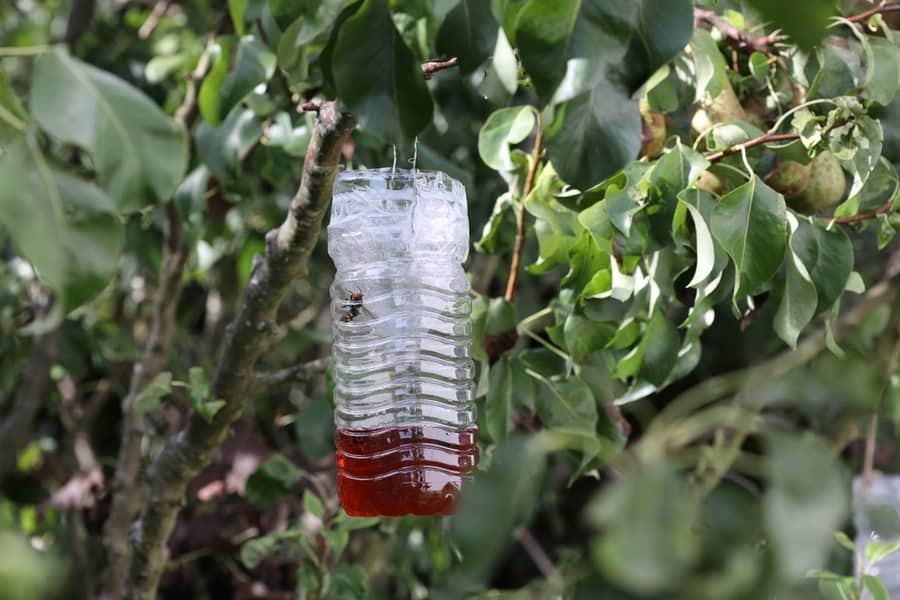
Many commercial hornet traps are sold in stores, but you can easily make one home. You only need an empty bottle, duct or masking tape, and sweet liquids for this DIY hornet trap.
These sweet liquids can be soda, a can of fruit juice, honey, or a combination of water and sugar. Get the empty bottle, cut out the top part, and invert it into the hollow base.
But dip that part you cut out into some sweet liquid before doing this. Then pour more sweet liquid into the trap.
This sweet liquid draws the hornets near, and after they come close, they remain trapped in the bottle. This trap aims to get the insect to fly into the bottle and make it difficult to pass out.
Use duct tape to secure the cut parts of the bottle, holding your trap firmly in place. For better results, add some dish soap to this trap.
The soap makes the trap slippery and makes it difficult for the pests to fly out. That way, they remain there until they drown.
4. Properly Dispose of Leftovers and Close Garbage Cans

Remember that a critical step in pest control is removing anything that attracts the pest. Unfortunately, most pests come around for leftovers and other trash items they are likely to find around your house.
So, reducing or eliminating their potential food sources is advisable. Note that hornets love sugary food, and the smell of garbage draws them close.
This information should guide how you dispose of your trash so that smell does not waft. For example, instead of tossing your leftovers into the bin, you can wrap them first in garbage bags.
When shopping for garbage bags, stick to the heavy-duty options. These are the more potent variant and help prevent leaks, creating a strong barrier against hungry pests.
Then, ensure your garbage can has a firm lid that closes shut. If yours does not, get a new one with a strong cover.
An improperly closed garbage is an easy target for rodents and stray animals. These animals invade these trash cans, leaving a mess for hornets and flying pests to finish off. So, fortify your household with heavy waste disposal systems.
If you grow fruit trees in your garden or yard, remember to pick up ripe fruit as they fall. Otherwise, the smell of rotting fruit lying around will draw unwanted pests visitors.
What To Do About a Hornet’s Sting
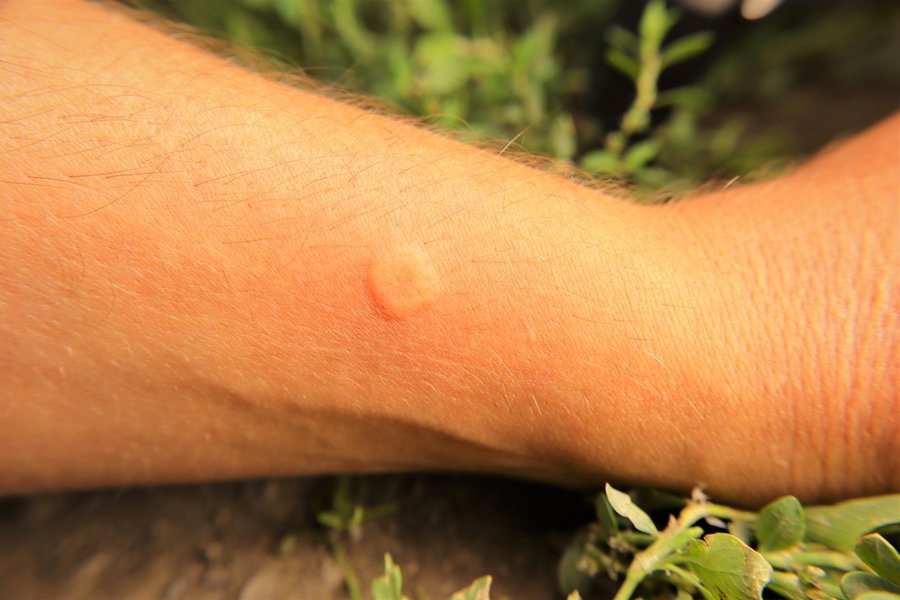
While preparing a defense against these flying pests, it is essential to understand how to deal with their sting. First, note that a hornet is only likely to sting if you are too close to its nest.
So, the best thing to do when stung is to move away from the location calmly. Then, wash the affected areas with soap and water.
Apply some ice to reduce swelling, and take painkillers if sore. You may apply topical steroids to the affected spot if the sting comes with itching.
Suppose the spot remains inflamed after some days, feels warm to the touch, and appears red. In that case, you may have an infection and need to rush to the hospital for treatment.
While hornet stings typically result in mild symptoms, they can trigger allergic reactions and other severe symptoms.
Conclusion
It’s a wrap on our hornet defense strategy guide. But, just a quick recap before we go.
Remember that hornets love places where they can easily find food and build a nest. So, inspect your house for likely hiding spots, especially the closed areas.
Then, apply any recommended hornet-repellent strategies to keep these insects far from you.
Frequently Asked Questions
How Can I Avoid Hornet Sting?
The best way is to stay away from their nests and colonies to avoid aggravating them. Avoid swatting them if they hover over you. Instead, walk in a straight line or run as fast as you can in another direction.
Are Hornets Drawn to Light?
Like most flying insects, hornets are drawn to overhead lights. But switching your regular bulbs for yellow ones can help keep them away.

